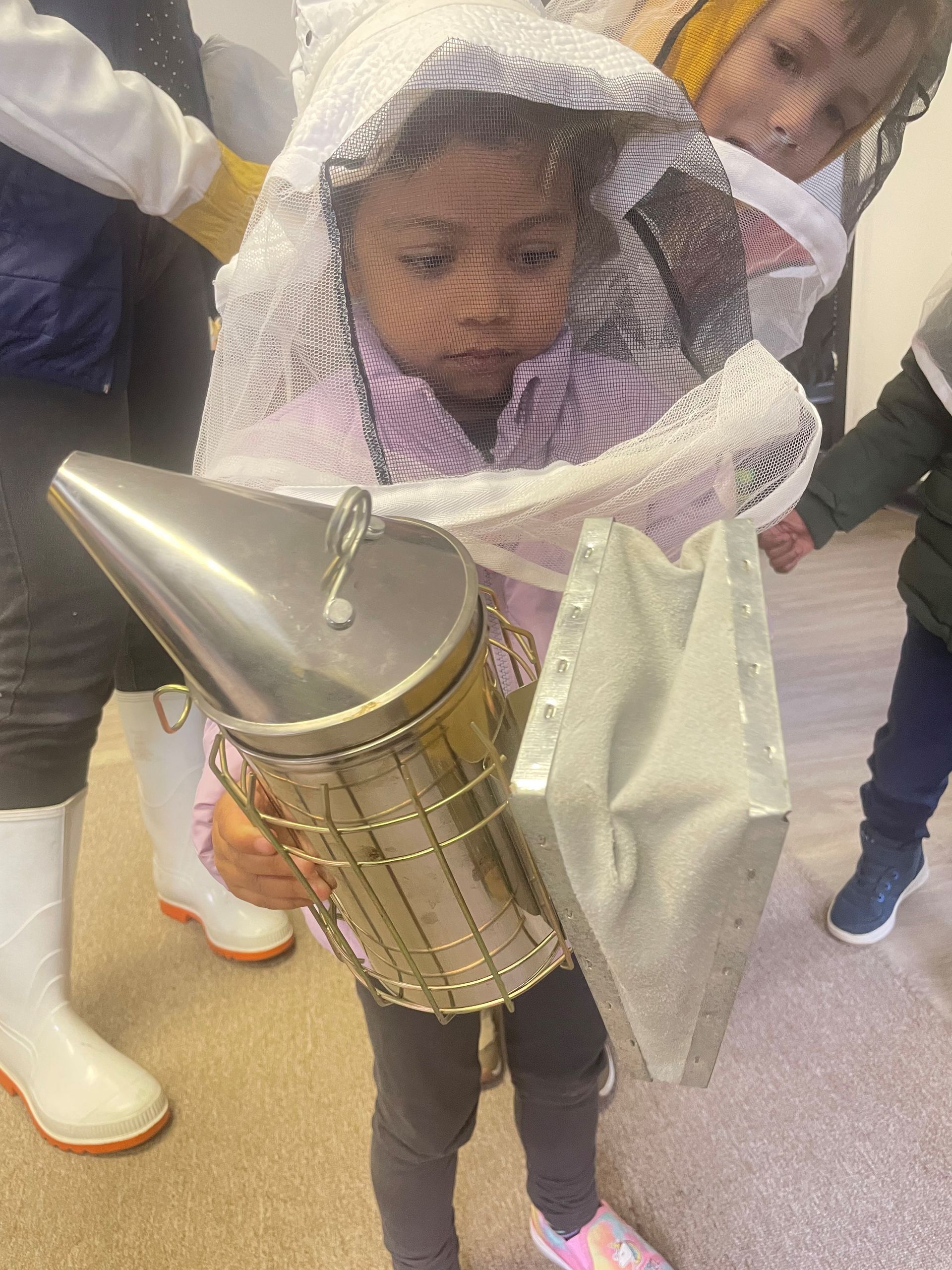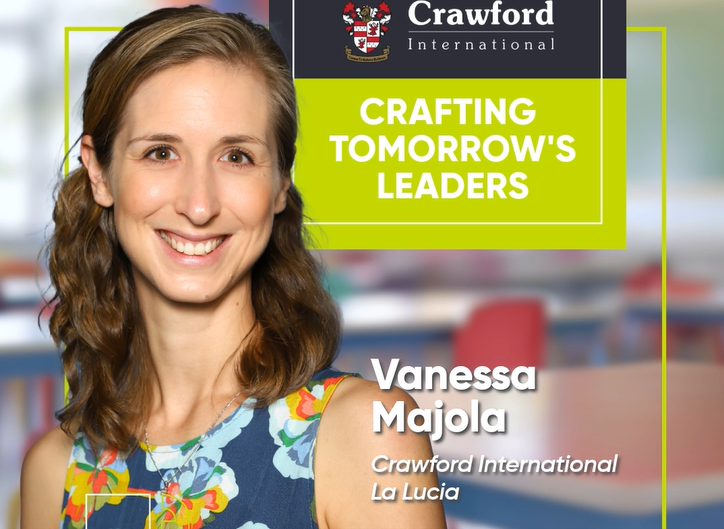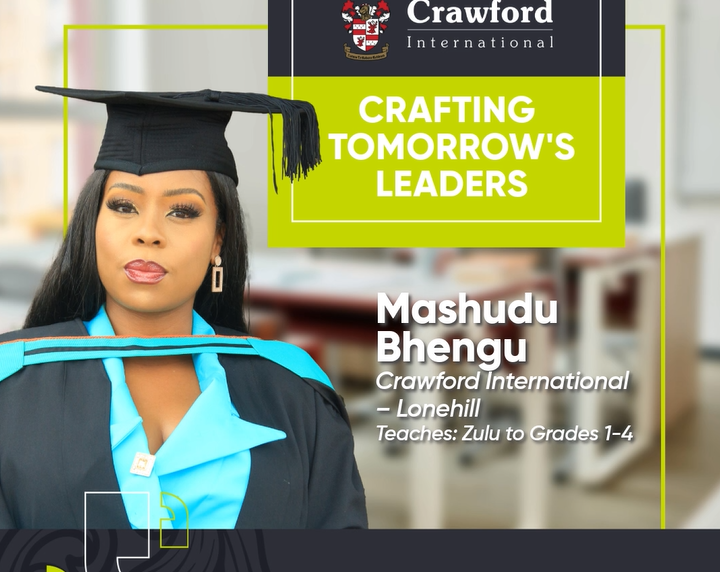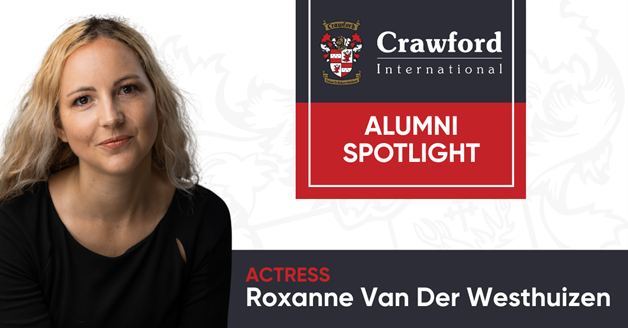Crawford International Fourways
Karabo Molokomme • July 31, 2023
Crawford International Fourways Celebrates Mandela Day
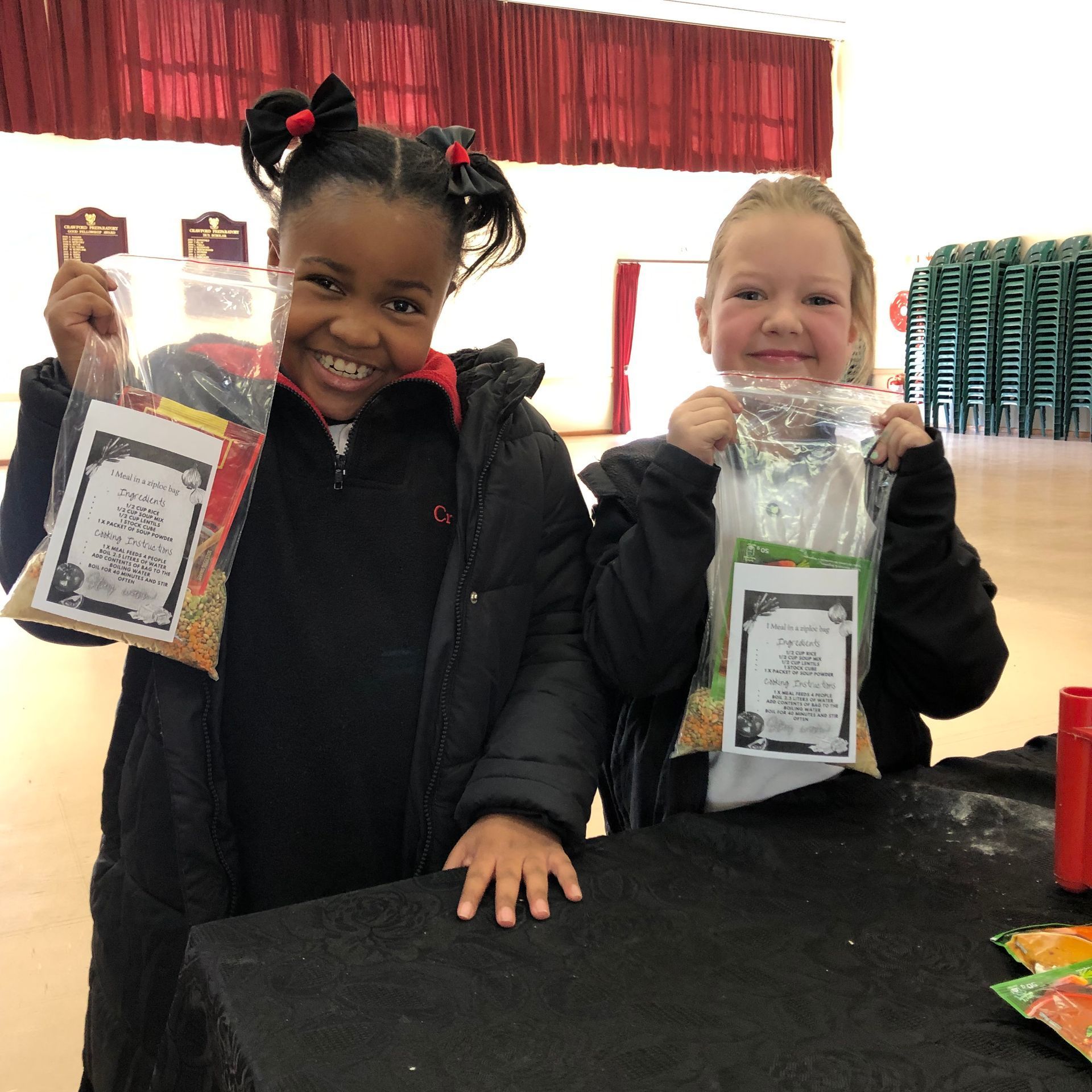
Crawford International Fourways recently commemorated Mandela Day with a heartwarming initiative aimed at providing nourishment to those in need. The chosen project, aptly named 'Soup in a Bag', involved the collection of various ingredients to create wholesome meals. This collaborative effort began last term, with each grade taking responsibility for contributing a specific ingredient towards assembling these bags of soup.
With the support of our school’s community, the campus received a total of 700 bags of consisting of ingredients such as rice, lentils, soup mix, stock cubes and packets of instant soup which can create a nourishing and tasty meal for 4 people.
On Mandela Day, we setup a production line in the school hall where each student got the opportunity to pack a Ziplock bag filled with all the ingredients. The ‘Soup in a Bag’ project was an opportunity for each child to get involved in a collective effort. The hands-on approach in packaging the soup, gave each student the opportunity to learn empathy and gratitude. The teamwork that was required allowed all our students to collaborate and led to the school exceeding our expectations and targets.
At our school, we are dedicated to making a positive impact on the lives of vulnerable individuals in our community. We deeply appreciate the enthusiastic commitment of our school community towards this cause. Mandela Day provides us with yet another valuable opportunity to educate and contemplate upon the essential values that inspire us all to build a better future.
Cracking the Homework Code: Shifting Perspectives on Home Learning

After a long day at school, it's no surprise that students often cringe at the thought of tackling those dreaded assignments. But hold on, what if we told you there's a secret sauce to turn the tables on this gruelling routine? You heard it right! The way we structure homework holds the key to unlocking a world of newfound enthusiasm and transforming those groans into cheers for learning beyond the classroom. Intrigued? Let's dive into the fascinating world of homework reinvention.
All schools have curriculum goals and expectations to be met, which often limits teachers to develop their assignments and homework according to a specific structure. This structure makes homework feel monotone as emphasis is placed on memorising content which lacks engagement, variation and understanding. This results in students having a lack of enthusiasm towards homework as they see it as a tedious chore. Ms Goodchild, Deputy Principial at Crawford International Fourways, sees an opportunity for teachers to change the perception students have towards homework, by incorporating elements of home learning. This allows for the curriculum standards to be met whilst keeping students positive and engaged about learning outside the classroom.
Tips to reinventing homework:
- Format their instructions from being too specific to more open-ended instructions that opens the door for exploration into a topic
- Encourage exploration of practical applications for classroom learning
- Foster connections between classroom knowledge and real-world scenarios.
Ms Goodchild emphasises the value of integrating home learning into homework, as it prepares students for the real world by linking classroom knowledge with practical scenarios. “Teachers can achieve this by providing instructions and guiding questions that prompt students to explore how they can apply what they learn in the classroom to real-life situations. For instance, in mathematics homework, besides performing ratio calculations, teachers can encourage students to find real-world instances where they would use ratios, like calculating ingredients for baking a cake,” she says.
In conclusion, Ms Goodchild advocates a slight shift in teachers' approach to homework, aiming to captivate students with the subject matter. By infusing home learning elements into homework, teachers can extend the learning process beyond the classroom, foster independent learning skills, and create a more positive and engaging educational experience for their students.
The Buzzing Bees Introduce a New Unit of Inquiry
The Grade 00 students had a special treat called 'Rock and Shock'! They went to an exciting workshop organised by Grow@EduPlus. The workshop was all about their new topic, 'Sharing the Planet,' and were they learned about bees in a fun and interactive manner. The teachers thought it was the perfect way to start their new learning adventure.
Gow@Eduplus uses exciting and interesting storytelling songs about bees to share factual information about bees and how important they are for our environment. The central idea is that “humans can care for and appreciate nature’s creatures.” During their visit, the Grade 00 students learnt everything there is to know about bees, from their anatomy and the different types of bees to their hives and how to harvest honey. They also shared how to treat bee stings by firstly removing the sting and applying honey to soothe it.
A few of the students were selected to dress up in various costumes to assist and participate in the workshop and present it to their friends. This also encouraged the children to participate and be actively involved in their learning journey. We cannot wait to see the skills and outcomes that this unit of inquiry will lead to, but our Grade 00s are excited to help take care of our environment and our bees.

